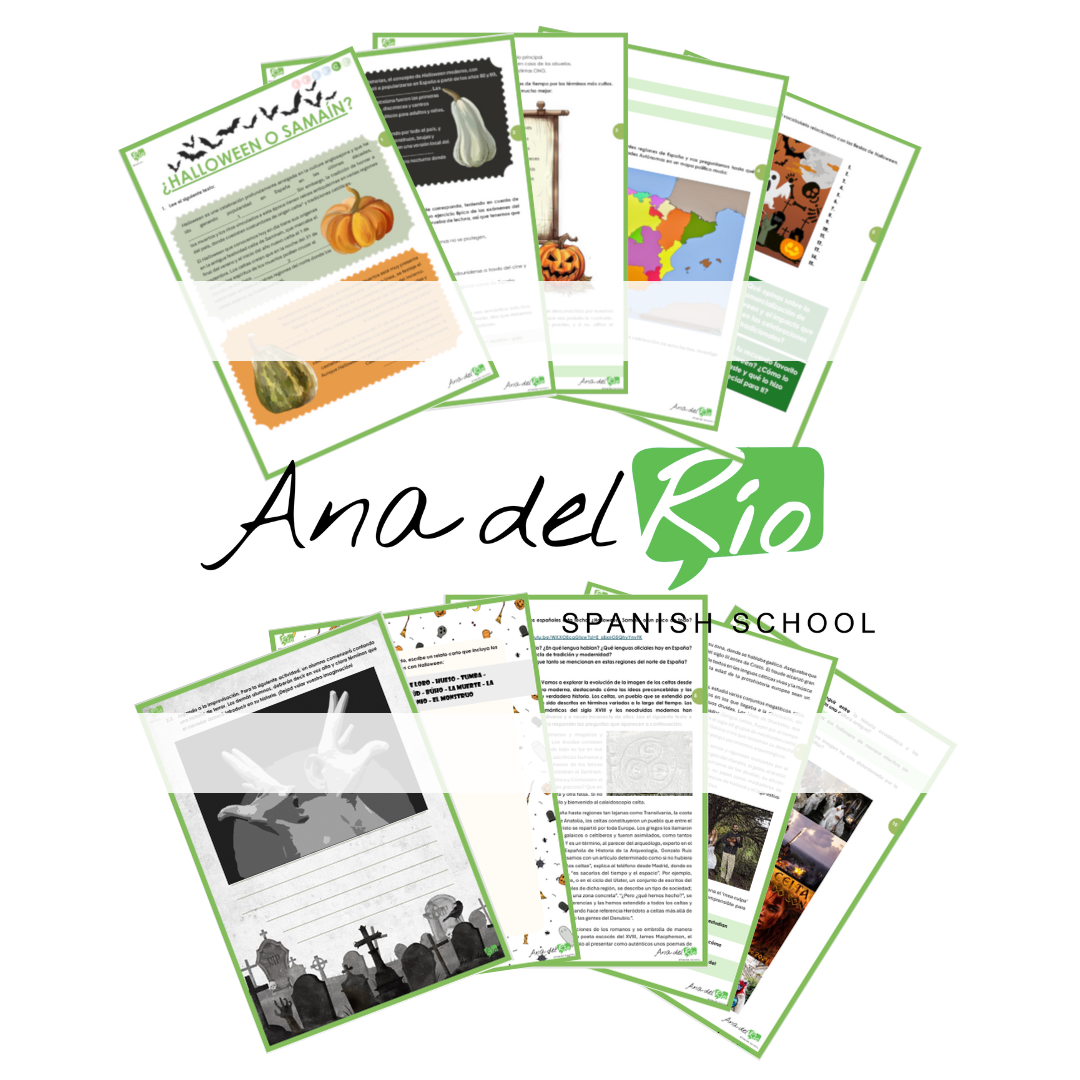20 sept 2023
Ana del Río
Lost in Translation: False Friends

Turning False Friends into True Allies:
Rather than seeing false friends as mere obstacles, embrace them as opportunities to deepen your understanding of the Spanish language. Each linguistic curveball you encounter is a step towards becoming a more confident and nuanced speaker. Remember, even native speakers stumble upon these linguistic tricks from time to time!
In this blog post, we'll uncover some of the most intriguing false friends. Have you ever found yourself caught in the web of a false friend, leading to an unintended linguistic mishap? After reading this post, you'll be well-equipped to steer clear of these language pitfalls:
Share these "falsos amigos" with your classmates!
| Spanish | English | English | Spanish |
|---|---|---|---|
| Decepción | Dissapointment | Deception | Engaño |
| Molestar | To bother | To molest | Acosar sexualmente |
| Argumento | Plot | Argument | Pelea, discusión |
| Discusión | Fight, argument | Discussion | Debate, conversación |
| Sensible | Sensitive | Sensible | Sensato |
| Éxito | Success | Exit | Salida |
| Compromiso | Engagement, commitment | Compromise | Acuerdo |
| Lectura | Reading | Lecture | Conferencia |
| Ahorrar | To save | To afford | Permitirse |
| Constipado | Cold (sick) | Constipated | Estreñido |
Are you hungry for more examples of false friends? If you're eager to explore additional intriguing instances where languages play tricks on us, drop your requests in the comments below! We'd love to hear from you and delve into even more false friends in our upcoming blog post.
Stay tuned for Part Two of our False Friends series. Let's unravel the mysteries of language together!
At Río Spanish School - Malta we're passionate about guiding you through every twist and turn of language learning. Embracing the world of false friends is just one of the many exciting challenges you'll conquer on your path to Spanish fluency. Join our vibrant community of learners today and let's unravel the mysteries of language together. ¡Vamos a aprender!
If you are a Spanish teacher and you want your students to learn how to talk about religious expressions in Spanish, check out our lastest teaching material available in our shop:
Explore our shop to find many other teaching materials:

































